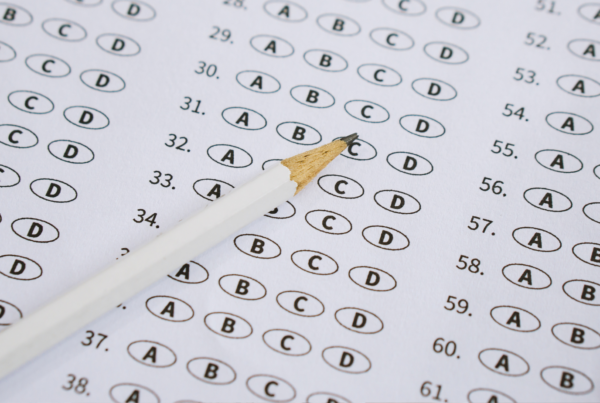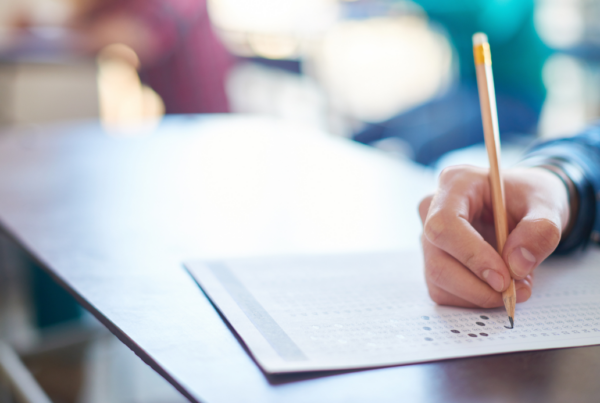 by Scott Lutostanski – Galin Education Director of Academic Consulting
by Scott Lutostanski – Galin Education Director of Academic Consulting
When it comes to working with students on finals, I have seen the same problems repeat themselves over and over, semester after semester. Some students wait too long before getting started. Some underestimate the preparation needed for the test. Others just can’t get started. And others dedicate all their time to studying for the wrong classes. Below are xxx steps that a student can take to make sure that they are thoughtful, targeted, and effective with their final exam studying. HINT: This process should take place at least 2 weeks before final exams.
- Get a lay of the land- Calculate or look up your current grades to date. Based on your current grade, calculate what will be needed to go up and down to a specific grade.
- Assess for Difficulty- How difficult are these tests going to be? Is this teacher known for super challenging finals? Has this class been a breeze all year. Use the quantitative data you’ve gathered throughout the semester to assess how difficult the test will be. I recommend giving it a 1-10 score; 1 = super easy, 10= impossible.
- Set Goals- Knowing the current state of your grade and the difficulty of a test, set the goals/scores that you are going to get on your final exams.
- Materials needed- Know what materials will be needed before you start studying. Take an inventory each class and determine what you have to learn in order to get the grade you want. This may be notes, old quizzes, tests, test review guides, old powerpoint slides, or homework assignments. Prioritize these resources so you know exactly how they will be used.
- Duration- Estimate how much study time will be needed over the next 2-3 weeks to learn all the content in the materials you have selected. Maybe AP Euro will take 10 hours of study time and Personal Business class will only take 1 hour. This is based on how well the student knows the content, the goal that has been set to change the grade, the difficulty of the content, and amount of material to be studied, among other things.
- Plan- Look at your calendar for the 2-3 weeks leading up to your final exams. Plan the blocks of time that you will be studying. Be specific. Include the subject you are going to study. Include how much material you plan to get through. Include where the studying will take place. Example: On Sunday the 17th, I am going to go to Barriques to study chapters 7-10 in my Math book from 3 to 5. I am going to complete the study guide problems, use my textbook for extra practice problems, and keep my notes handy in case I need to review them. Be as specific as possible with your planning.
- Execute- At this point, you have clear goals, planned out study time for the next couple weeks, and targeted resources to study for. The next step is executing this study plan.
As the days of the test arrive, make sure to not cram(it should be unnecessary at this point), get plenty of sleep, and wake up early and get a good breakfast in the day of the test. You should be well-prepared to crush your finals.





